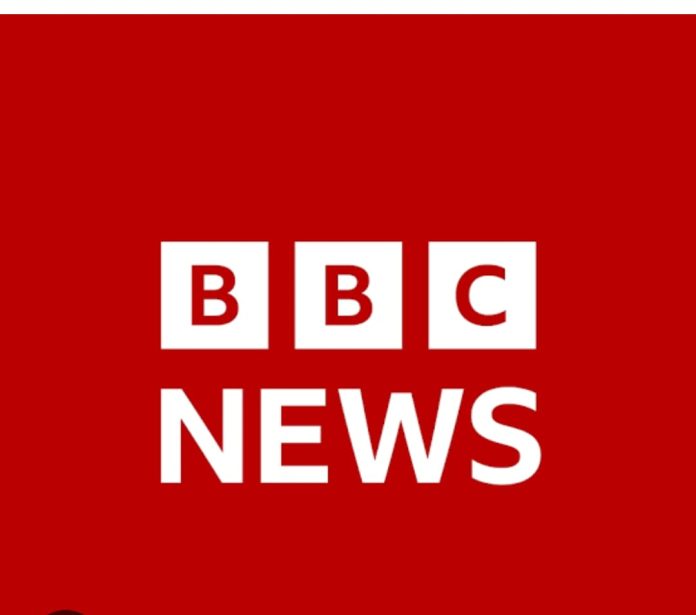– Mohd.Naushad Khan
London: In a powerful open letter, more than 400 media professionals—including 111 current and former BBC journalists—have accused the British Broadcasting Corporation (BBC) of biased coverage in favor of Israel amidst the ongoing Gaza conflict. The letter demands the immediate removal of BBC board member Sir Robbie Gibb, citing serious concerns over editorial integrity and conflicts of interest.
The letter, first reported by The Canary, is addressed to BBC Director-General Tim Davie and the BBC Board. It alleges that the BBC has consistently failed to maintain impartiality in its coverage of Israel-Palestine, particularly in the wake of recent violence in Gaza.
“All too often it has felt that the BBC has been performing PR for the Israeli government and military,” the letter states. “This should be a cause of great shame and concern for everyone at the BBC.”
The signatories—among them renowned personalities such as actress Miriam Margolyes, filmmaker Mike Leigh, actor Charles Dance, and historian William Dalrymple—criticize the BBC’s editorial decisions, including its withdrawal of a Gaza-focused documentary and its coverage of anti-Israel chants during a live Glastonbury performance.
The letter focuses heavily on Sir Robbie Gibb’s role within the BBC. It raises alarm over his position on the broadcaster’s Editorial Guidelines and Standards Committee, arguing that his ties to The Jewish Chronicle—a publication the letter accuses of promoting “anti-Palestinian and often racist content”—compromise the BBC’s ability to remain impartial.
Further, the letter alleges an internal culture of censorship and repression at the BBC. Staff members have reportedly faced reprimands for expressing pro-Palestinian views on social media, while Gibb continues to exert significant influence on editorial direction.
In response, a BBC spokesperson issued a statement defending the broadcaster’s journalistic practices:
“Robust discussions amongst our editorial teams about our journalism are an essential part of the editorial process. We remain committed to delivering balanced and fair coverage across all platforms.”
The BBC cited recent programming such as Life and Death in Gaza and Gaza 101 as examples of its efforts to reflect diverse perspectives.
“We continue to have internal conversations and are open to staff feedback, but these are best conducted within the organization,” the spokesperson added.
As global scrutiny of media coverage on Gaza intensifies, this letter amplifies growing internal and public demands for transparency, accountability, and ethical journalism within one of the world’s most influential news organizations.




